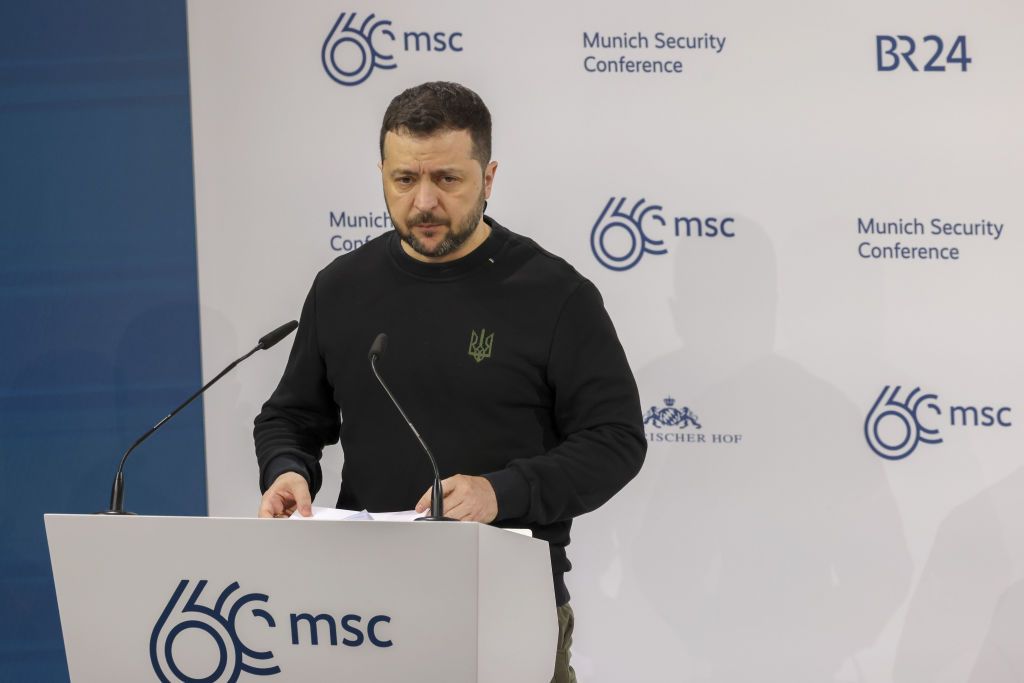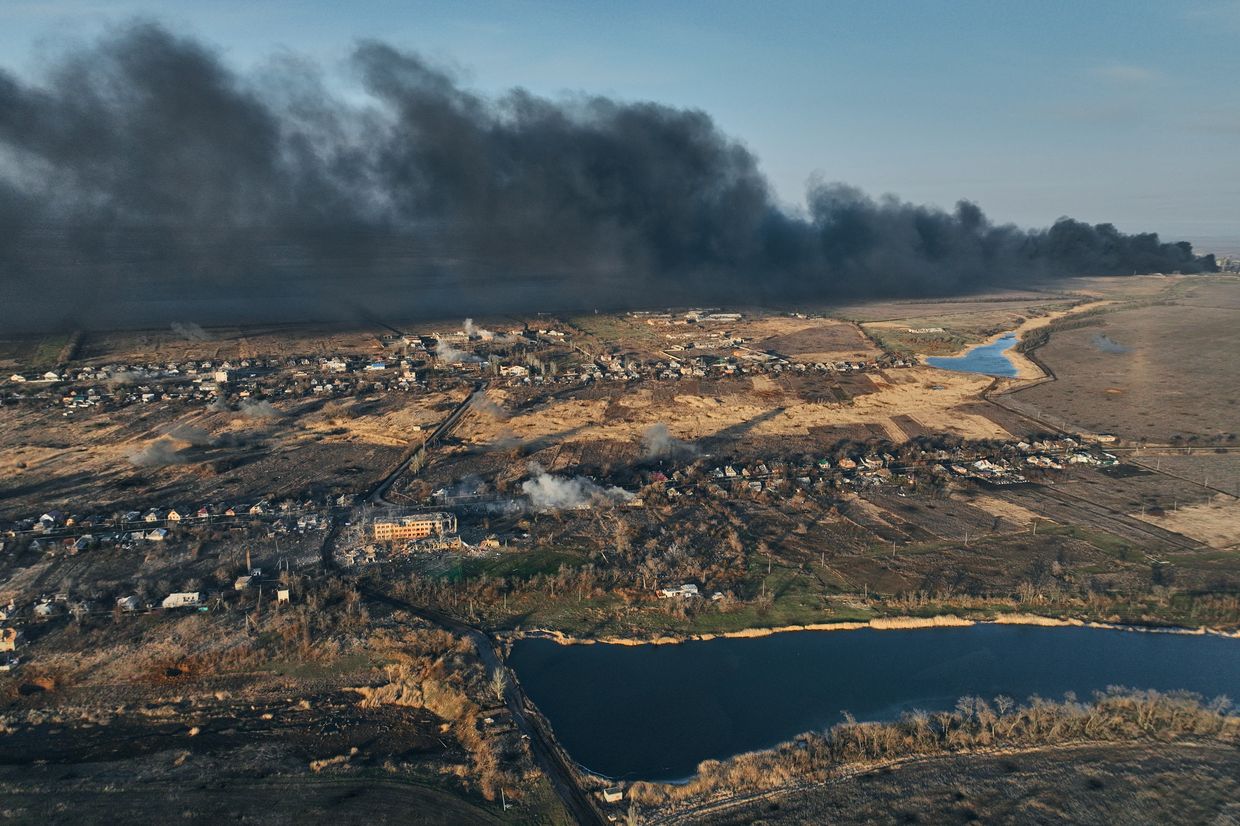CBC: Canada may contribute $22 million to Czechia's ammunition delivery to Ukraine

Editor's note: The article previously said Canada may contribute $30 million to the Czech ammunition initiative, but the sum was corrected to $22 million.
Canada may contribute up to 30 million Canadian dollars (around $22 million) to Czechia's initiative to urgently send Ukraine hundreds of thousands of artillery shells found in third countries, unnamed defense sources told the Canadian public broadcaster CBC News.
Artillery shells are among the most crucial military supplies for Kyiv, as they are used daily in high numbers on the Ukrainian battlefields. Ammunition shortages are said to be a key reason for a recent Ukrainian retreat from Avdiivka in Donetsk Oblast after months of fighting.
Czech President Petr Pavel said at the Munich Security Conference on Feb. 17 that his country identified around 800,000 artillery shells in non-NATO countries that could be sent to Ukraine within weeks if provided funding from other partners.
Canada has signaled that it is ready to help Czechia with the plan, but details of the cooperation are still being established, according to CBC News.
Canadian Defense Minister Bill Blair said on Feb. 19 that Ottawa was talking to Czechia about the ammunition delivery but didn't provide any details.
"I've entered into the memorandum of understanding with one of our European allies, the Czech Republic, with respect to perhaps acquiring munitions that they currently have in their possession that will enable us to ... make them available more rapidly to Ukraine as we ramp up our own production," Blair said, as cited by CBC News.
The European Union conceded that it would be able to deliver only half of the promised 1 million shells by the March deadline, while defense assistance from the U.S., including artillery support, is held up by domestic political disputes.
Seeing the EU failing on its promise to Kyiv, Czechia has begun pushing for jointly financing purchases of shells outside the bloc. Prague reportedly suggested that Europe could turn to arms companies in South Korea, Turkey, or South Africa.
Plans to buy ammunition from outside the bloc continue to face opposition from France, Greece, and Cyprus. While Paris hopes to boost its domestic defense industry, Greece and Cyprus do not wish to buy arms from Turkish producers, given their tense relations with Ankara.















